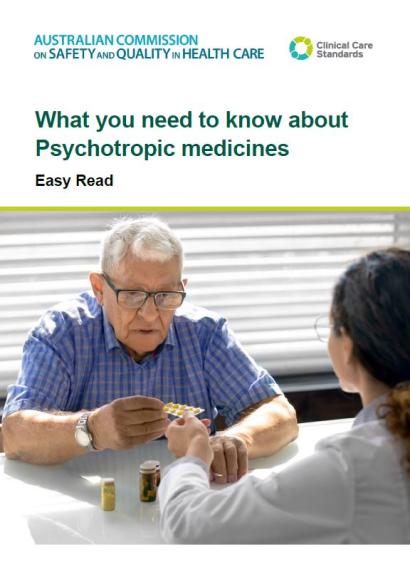Digital mental health services accredited to the National Safety and Quality Digital Mental Health (NSQDMH) Standards have been independently assessed to ensure they have systems in place to meet the necessary safety and quality requirements.
The National Safety and Quality Health Service (NSQHS) Standards support the right of people with intellectual disability to equitable health care. This page provides further resources to assist those with intellectual disability and their family and supporters to understand and advocate for equitable health care, as part of the Commission’s support for improved health care for people with intellectual disability.
Antimicrobial resistance (AMR) is a serious threat to human health and patient safety. Hundreds of people in Australia die each year as a result of AMR.




